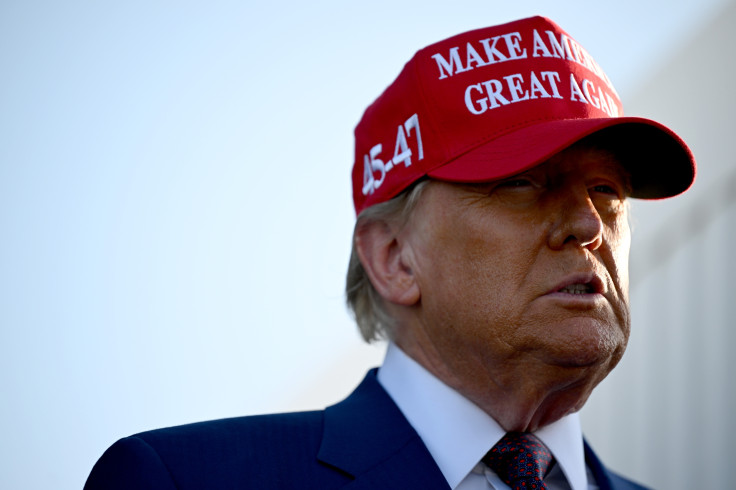
Some analysts have stated that the incoming Trump administration's diplomatic policy will strongly hinge on counterparts' willingness to take back deported individuals, as countries like Venezuela, Cuba and Nicaragua have been reluctant to do so in the past and mass deportations are the backbone of Trump's immigration strategy.
As incoming "border czar" Thomas Homan recently pointed out in an interview:
"What people don't understand is we can't just put [them on] a plane," he said. "There's a process we have to go through. You have to contact the country, they have to agree to accept them, then they got to send you travel documents. And that takes several days to several weeks"
To pressure countries that refuse to take back deportees, Trump is expected to threaten to restrict visas for certain categories of applicants as part of something known as "immigration diplomacy" which, in international relations, refers to the use of diplomatic tools and procedures to manage cross-border population mobility as a means to obtain other aims.
A key tool in Trump's approach is Section 243(d) of the Immigration and Nationality Act (INA), which allows the Secretary of State to suspend the issuance of visas to countries that refuse or delay accepting deportees, as El País reports.
The provision states that when "a government of a foreign country denies or unreasonably delays accepting an individual who is a citizen, subject, national, or resident of that country, the Secretary of State shall order consular officers in that foreign country to discontinue granting immigrant visas or non-immigrant visas, or both, to citizens, subjects, nationals, and residents of that country until the Secretary of Homeland Security notifies the Secretary of State that the country has accepted the individual."
Project 2025, a policy framework developed with input from Trump advisors including Homan and the White House's future deputy chief of staff for policy Stephen Miller, outlines the potential use of the INA provision to pressure countries into compliance. The document describes visa bans as a way to assert U.S. authority and enforce immigration laws.
Visa restrictions, however, could have broader consequences. In fiscal year 2024, the U.S. issued 11.5 million visas, including over 10 million nonimmigrant visas. Suspending visa issuance to non-compliant countries could have significant ripple effects on economies and bilateral relations, as El País explains:
"It could upend the country's entire visa system, which includes more than 60 different types of immigrant and nonimmigrant visas. Immigrant visas include the IRI or CR1 for spouses of U.S. citizens. Nonimmigrant visas include the H-2A and H-2B for temporary workers, the F and M for international students, and the B1 for tourist travel"
Some analysts have suggested that Trump could also negotiate with these countries through other means like, for example, easing sanctions. Ryan Berg, who directs the Future of Venezuela Initiative at the Center for Strategic and International Studies in Washington, explained as much during a recent interview with Axios in which he said that a "transactional approach" that combines pressure with incentives could be a solution for that particular country:
"We may end up seeing some kind of arrangement with [Maduro] if it means the ability to deport more people, for Venezuela to accept deportee flights"
© 2024 Latin Times. All rights reserved. Do not reproduce without permission.









